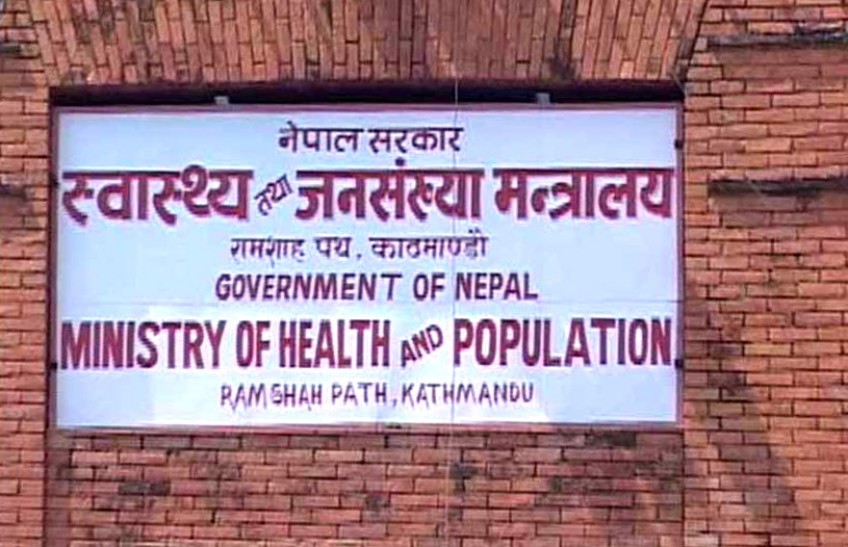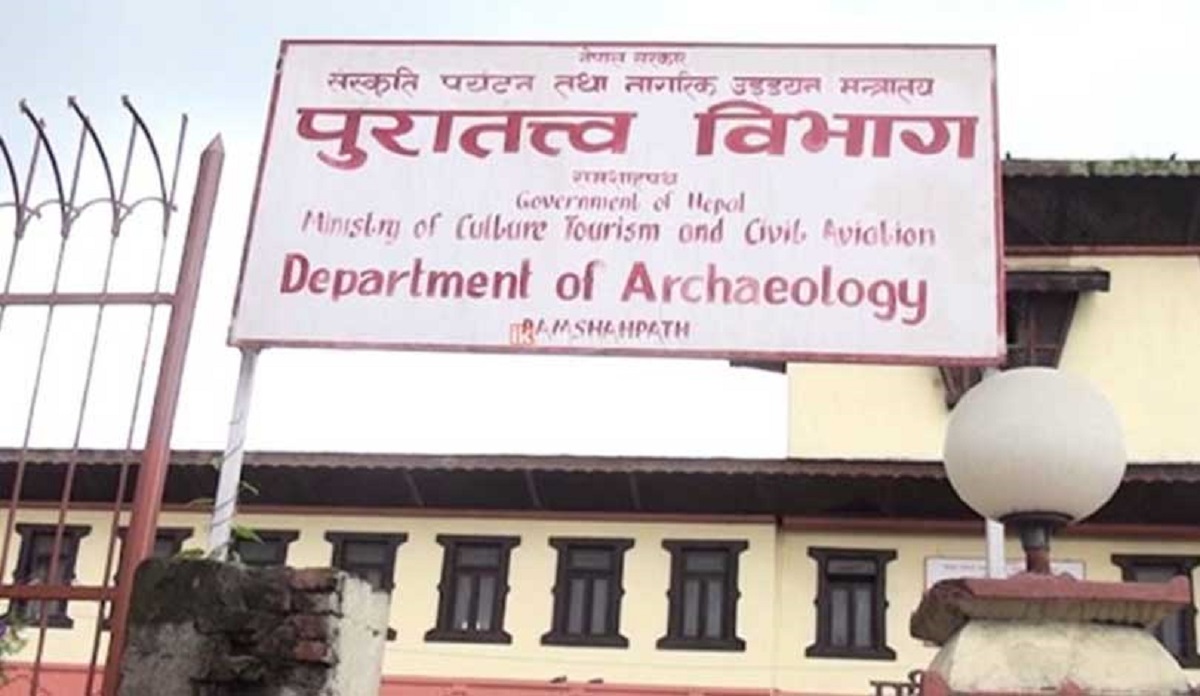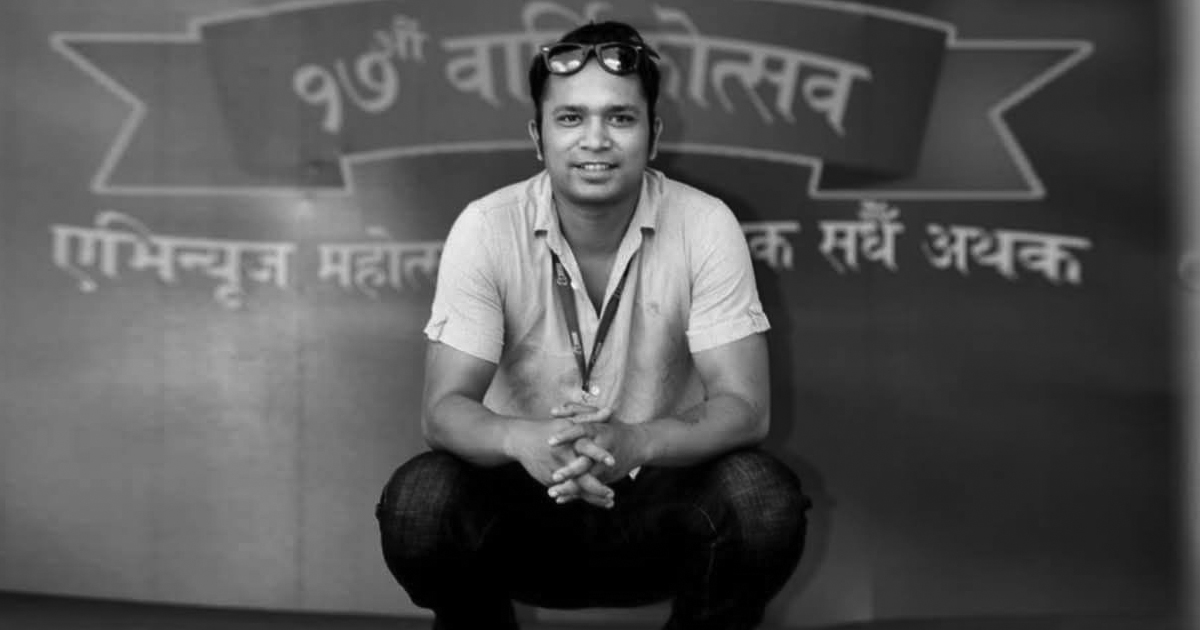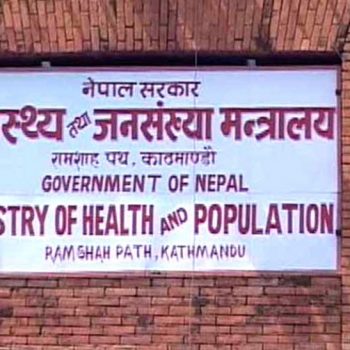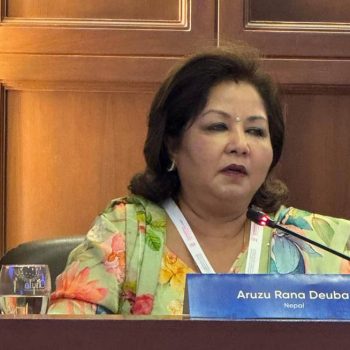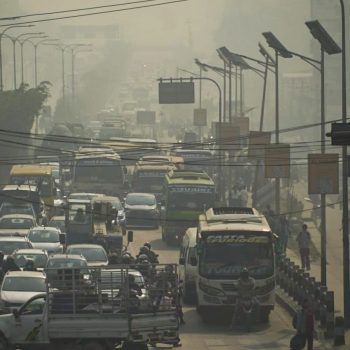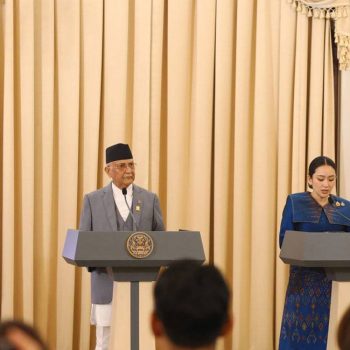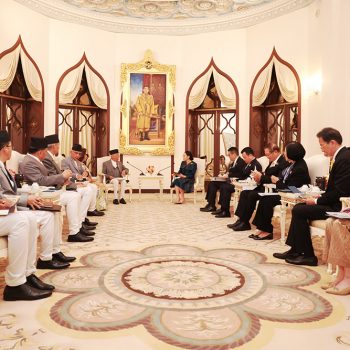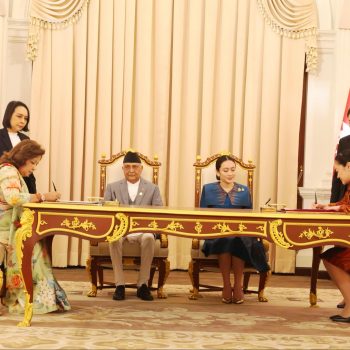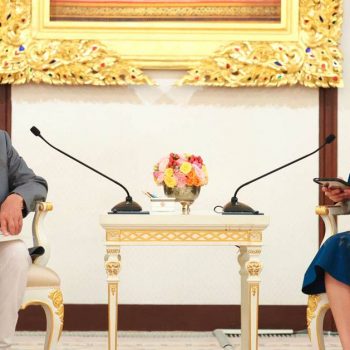We should not spread exaggerated terror again, there is no need for a lockdown: Experts on COVID
 NepalPress
NepalPress

KATHMANDU: Last Sunday, the Ministry of Health issued a statement urging people to take precautionary measures to control the coronavirus infection. This has created anxiety and curiosity in people’s minds.
A few days ago, the CDOs of the three districts of the valley issued a notice asking everyone to be vigilant against COVID. They have urged not to hold festivals and celebrate Holi indoors. Lalitpur DAO has restricted the operation of night businesses.
Prime Minister KP Sharma Oli’s visit to Biratnagar on Thursday was postponed due to COVID. Talking to reporters in Kathmandu, Oli said that the situation may become negative again but we should not allow it to become frightening.
While the life of the people in the country, which had been disrupted by the COVID for a long time, has returned to its old state, recent developments have started spreading terror again. If activities are done showing that the situation is more frightening than it actually is, experts say the move could be counterproductive for the country.
They said that even if additional vigilance was needed in the border area as a new wave of COVID has hit India, it would be counterproductive to stop economic activities in the country.
Experience of Lockdown
The government had imposed a lockdown on 24th March last year to prevent the spread of COVID-19. However, the pandemic did not stop spreading despite the severe lockdown. When economic activity came to a standstill, it brought down the country’s economy.
Last year, there was an atmosphere of panic all over the country. Fear of disease on the one hand and fear of survival on the other. People of the lower economic class were even more affected. After losing their jobs, people returned to the village on foot from Kathmandu. Even though the border was closed, the process of secret entry into Nepal from India was not stopped. When these people were not even in quarantine, COVID spread even more.
As the transmission progressed, the government kept extending the lockdown. For almost nine months, when this decision disrupted people’s lives in various ways, workers and industrialists were severely affected. The government saw no other way to control the infection than the lockdown.
Experts say that even if Nepal did the right thing at the right time, prolonging it unnecessarily had more negative effects.
They say that it has been universally proven that lockdown is not the only way to control COVID.
Public health expert Sameer Mani Dixit says, ‘The way the lockdown was started was very beneficial and the government of Nepal did it at the right time. However, it was extended for much longer than necessary. People who have to make a living from daily wages were very stressed.”
“The lockdown did a good job of preventing the transmission in the initial stages” Dixit explains, “It should have been done only for a month, which was a great opportunity. But as the lockdown dragged on, people protested.”
He is of the view that the spread of the infection could not be stopped after people started leaving the house secretly.
“People started suffering from other diseases when they could not even go to the hospital. Due to all these things, the last stage of lockdown in Nepal became ineffective,” he said. He concludes that the government did not know how to open the lockdown in a phased manner, and thus the infections increased. He further added, “If regulations such as wearing masks had been tightened, distance had been maintained, some services could have been opened and others closed, the transmission could have been stopped. But everything was shut down.”
Although it is right to close nightclubs, Dixit understands that the inconvenience to people to buy essential items has caused many problems. He said that even though the countries in Europe and the United States are in lockdown, they have allowed people to buy essential items.
Lockdown not a cure
Dr. Dixit concludes that the lockdown did not help control the spread of COVID infections in Nepal. He discusses why this model is not suitable as another lockdown is being talked about:
“It is okay for developed countries to go for hard lockdowns to control the pandemic, but in developing countries like ours, this creates a lot of problems. Experience has shown that lockdown has had more negative than positive effects on us. On the one hand, the lockdown did not stop the infection and on the other hand, patients with other problems and diseases suffered a lot. Cancer patients did not receive treatment. Sick people could not go to the hospital. Those who went to the hospital did not get easy treatment. Pregnant women could not be checked in time.
Lockdown added to other problems. People started committing suicide due to mental problems. Domestic violence began to increase. Now, even if a new species of the virus is seen in Nepal, it should not go into lockdown. The first reason is that it has been a month since the first dose of the vaccine was given to vulnerable groups. This will protect people from severe infections from the third week to the third month of being vaccinated. The objective of a lockdown is to save vulnerable groups. The vaccine will now save the vulnerable groups. More vaccines are also coming.
More than two hundred thousand people in Nepal have recovered from the infection. For them, this is equal to vaccination. Those who have recovered once will not be affected the same way the second time. They can deal with any species, new or old. Overall effectiveness is seen despite a few ups and downs. Due to these reasons, we are not in the same situation as before. We know that wearing a mask and keeping a distance will prevent the infection from spreading. We also know now that it doesn’t spread from aeroplanes. Because of this, another lockdown is not necessary.”
Lockdown only will not stop the pandemic: Dr. Pun
Dr. Sher Bahadur Pun, a physician and virologist at Teku Hospital is of a similar view. He says that a lockdown will be necessary only to restrict people to where they are if the spread of the infection becomes very uncontrollable and all other measures have been taken.
“Even when we were completely shut for months, the pandemic didn’t stop,” Pun said. “COVID transmits from one person to another. Lockdown is suitable for breaking the chain. But that doesn’t mean it can eliminate the disease entirely or that it is the only solution.”
He further added, “If we are not careful, this will become worse. We saw this last year. We imposed a lockdown but eventually, so many people became infected. So lockdown should not be considered a solution.”
We have learned a lesson: Ministry of Health
The Ministry of Health and Population said last year’s lockdown has taught a lesson. Hospitals have been prepared and mobilization of health workers has been done since the time of the lockdown. But since this does not have to be done now, rushing into a lockdown is not necessary, said Dr. Sameer Kumar Adhikari.
He said, “In the initial phase of COVID-19 last year, the lockdown was carried out by the Government of Nepal focusing on mobilizing health workers, preparing hospitals accordingly and informing the public. This will not be done again.”
He further added that a situation has not come about where the government needs to impose a lockdown. “We were all new before. In the meantime, we had to prepare. We are ready in many ways now. The general public has also become aware,” he added.


